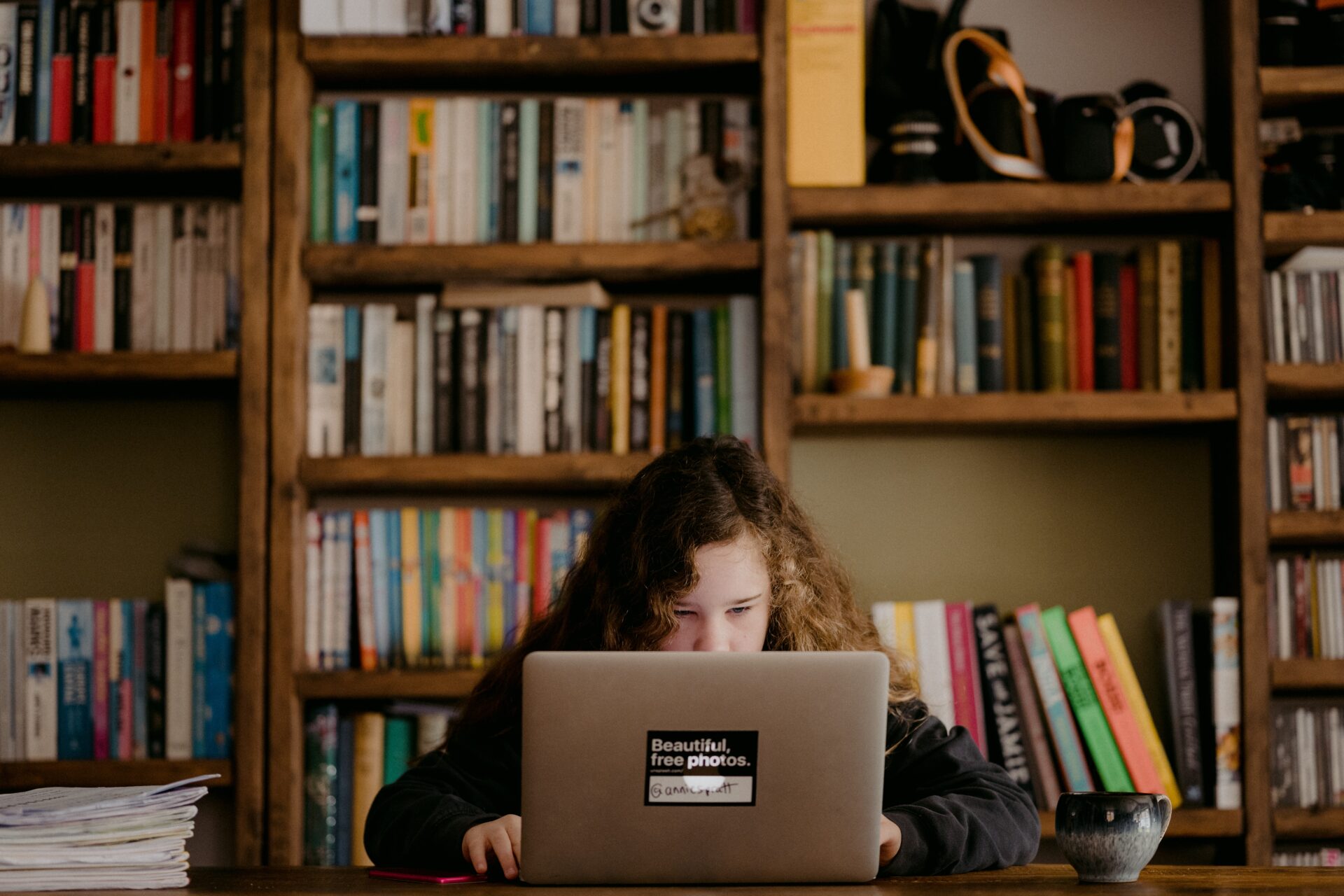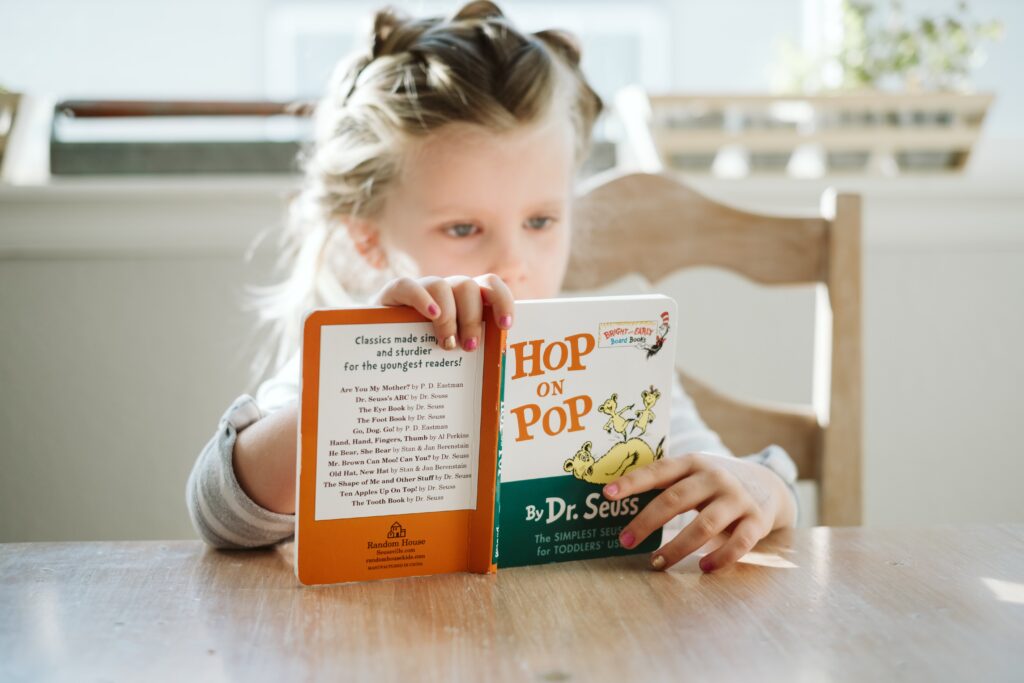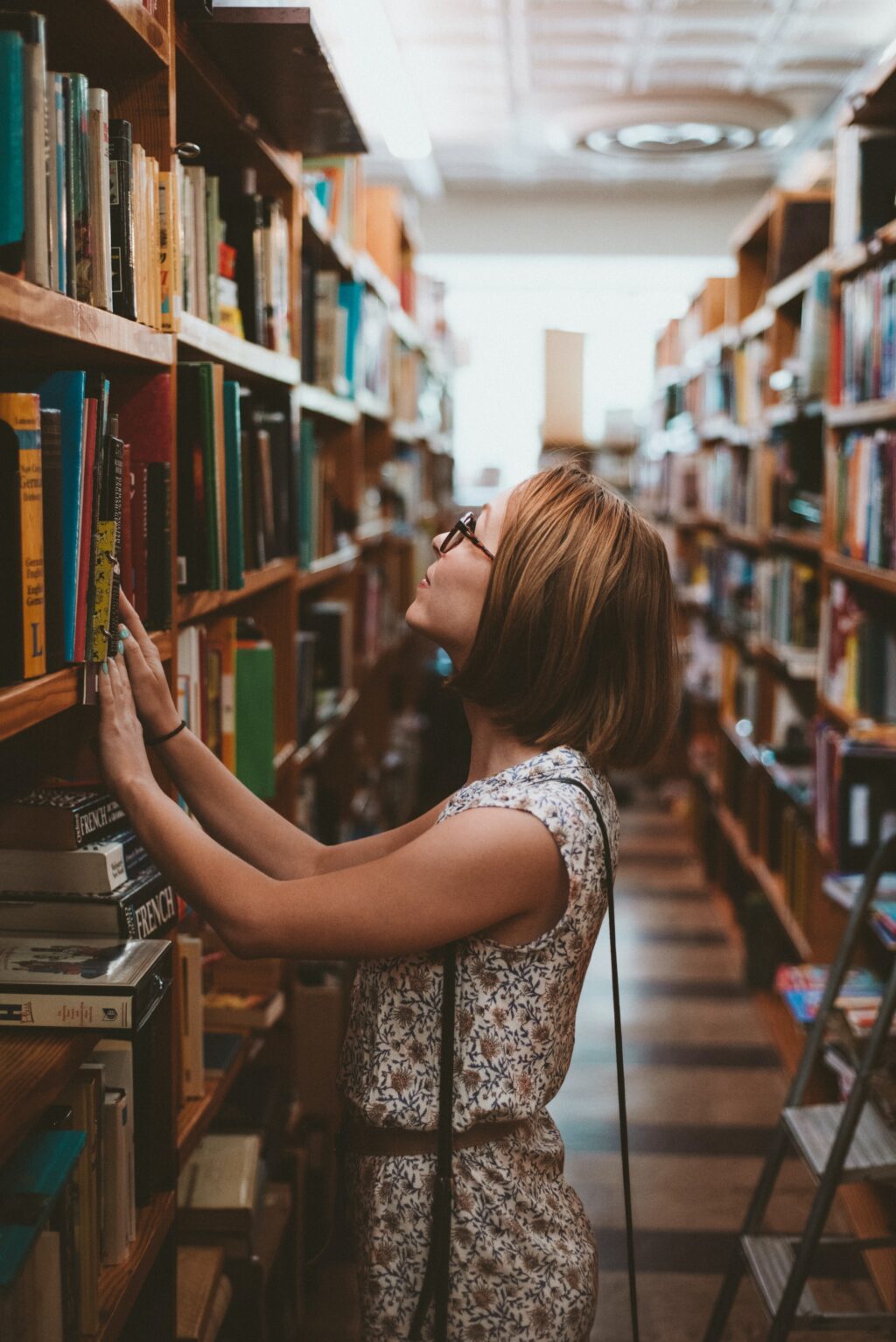L is for… Literacy
Universal literacy is one of the targets of the UN’s sustainable development goals and the organisation highlights the need for full gender equality in school enrollment to help achieve this.

According to the UN, 617 million young people worldwide lack basic mathematics and literacy skills. This issue was in the spotlight last year when UNESCO warned that, based on current trends, 20% of young people and 30% of adults worldwide will still be unable to read by 2030. Universal literacy is one of the targets of the UN’s sustainable development goals and the organization highlights the need for full gender equality in school enrollment to help achieve this.
But what do we mean by literacy? A broad definition is the ability to read and write. This may be simplistic, but it is useful for measuring general trends in literacy rates. However, UNESCO has provided a more nuanced definition: “Literacy is the ability to identify, understand, interpret, create, communicate and compute, using printed and written materials associated with varying contexts.” It involves, they go on to say, “a continuum of learning in enabling individuals to achieve their goals, to develop their knowledge and potential, and to participate fully in their community and wider society.”

It is common today to use the plural and talk of ‘literacies’, or even ‘multiliteracies’. The “varied contexts” of the UNESCO definition have expanded from printed and written materials to include 21st-century concepts – in particular, digital or technological literacies. This is particularly important given the changing world of work that students need to be prepared for, and as more and more communication takes place via digital channels. Technology can also be used in the classroom to support students’ development of ‘traditional’ literacy skills, although this is not without difficulties, from limited hardware access to a lack of adequate training for teachers, as described in this report from the UK’s National Literacy Trust (NLT). Despite these stumbling blocks, teachers who responded to the NLT survey spoke positively about apps and programs that support literacy in the classroom, for example Accelerated Reader, Clicker and Kahoot.
Information literacy describes the set of skills that students can apply in order to think critically about the large volumes of information they must navigate in their daily lives. These skills are important, as they help students to detect bias and form balanced judgement on what they read, watch or listen to, particularly when browsing the Internet. Given today’s complex media landscape, many teachers are keen to make their students aware of fake news and mis/disinformation in online news sources and social media. On a more positive note, news and data are more accessible than ever, so information literacy can also empower students to become skillful digital seekers of information and data. Educational content that helps students to explore extensively while at the same time encouraging them to think critically meets a crucial need.
Information literacy describes the set of skills that students can apply in order to think critically about the large volumes of information they must navigate in their daily lives. These skills are important, as they help students to detect bias and form balanced judgement on what they read, watch or listen to, particularly when browsing the Internet.
Literacy in ELT materials is often associated with storytelling, readers and, for younger learners, phonics. With this methodology, children learn to associate the smallest units of spoken language – phonemes – with the patterns of letters that represent them in written language. There is a large body of scientific research to support the contention that phonics programmes help children to become stronger readers.
Since 1967, 8th September has been marked in calendars around the world as International Literacy Day, reminding us of the importance of literacy as a human right and, in the words of UNESCO Director Audrey Azoulay, “a key part of developing inclusive societies”. Last year there was a focus on the theme of literacy and multilingualism, recognizing the 7,000 or so living languages that are spoken around the world, helping to shape our identities and cultures. How will you celebrate International Literacy Day this year?

Contact us
We'd love to hear from you and promise to contact you asap. Either fill in our quick and easy form below or email [email protected]

The Content Station is your trusted educational publishing team. Our local experts across the globe can deliver on any brief.

